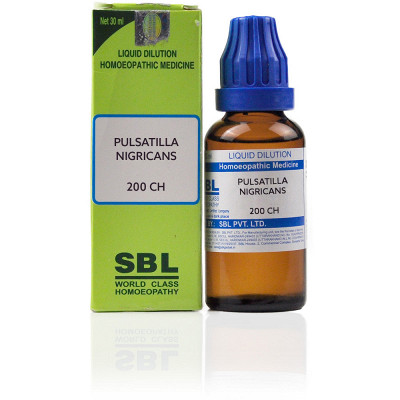Holistic Approach: Homeopathic Treatment for Candidiasis
Candidiasis, caused by the overgrowth of the Candida fungus, can affect various parts of the body, resulting in discomfort and health issues. While conventional treatments like antifungal medications exist, many individuals seek alternative therapies such as homeopathy for managing candidiasis due to its holistic approach and minimal side effects.
Homeopathy, a system of medicine based on the principle of "like cures like," aims to stimulate the body's inherent healing abilities. In treating candidiasis, homeopathic remedies focus on addressing the underlying causes, strengthening the immune system, and restoring the body's balance. Remedies are chosen based on the individual's unique symptoms and constitution rather than a one-size-fits-all approach.
One commonly used homeopathic remedy for candidiasis is Thuja occidentalis. This remedy is often recommended when there are symptoms such as thick, greenish discharge, and a weakened immune system. Sulphur is another remedy known for addressing itching, burning, and aggravated symptoms, particularly in warm conditions. Borax may be suggested for individuals experiencing white vaginal discharge with accompanying symptoms like mouth ulcers. These remedies, among others, are selected after a detailed assessment by a qualified homeopathic practitioner.
Homeopathy also emphasizes dietary changes and lifestyle modifications to support the treatment of candidiasis. This includes reducing the intake of sugars and refined carbohydrates, which can feed the Candida fungus, while increasing probiotic-rich foods to promote a healthy gut flora balance. Drinking sufficient water, managing stress levels, and getting adequate sleep are also recommended to bolster the immune system.
Moreover, holistic practitioners may advise the use of herbs and supplements that possess antifungal properties to complement homeopathic treatment. Garlic, known for its antifungal and immune-boosting properties, may be recommended. Caprylic acid, derived from coconut oil, is another supplement that exhibits antifungal effects and is often used in conjunction with homeopathic remedies.
It's important to note that while homeopathic treatments for candidiasis are gaining popularity, scientific evidence supporting their effectiveness is limited. The individualized approach of homeopathy means that remedies may vary widely among patients, and what works for one person might not yield the same results for another.
Consultation with a qualified homeopathic practitioner is crucial for a proper assessment of symptoms and the development of an appropriate treatment plan. They will consider the totality of symptoms, the individual's health history, and other factors to prescribe the most suitable remedies and lifestyle modifications.
In conclusion, homeopathy offers an alternative approach to managing candidiasis, focusing on stimulating the body's own healing mechanisms. However, its efficacy varies among individuals, and more research is needed to validate its effectiveness conclusively. Combining homeopathic remedies with dietary changes, lifestyle modifications, and possibly supplements may offer a holistic approach to addressing candidiasis while considering individual needs and symptoms. Always seek guidance from a qualified healthcare professional before starting any treatment regimen.

Comments
Post a Comment